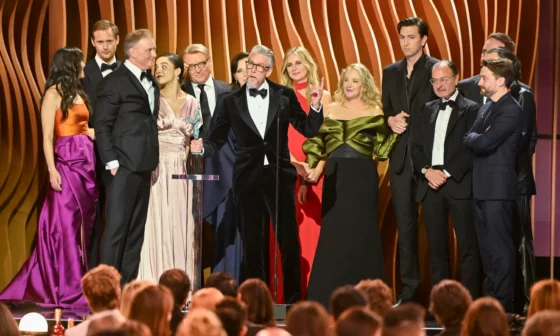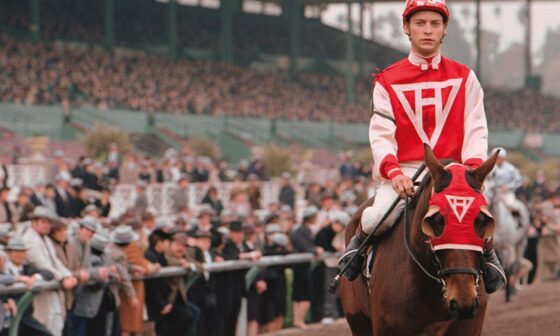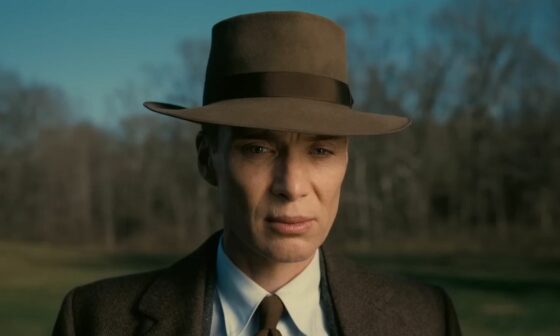
It’s ironic that a passion project that Martin Scorsese has desperately wanted to make since the early 90s is actually mostly devoid of typical Scorsese flourishes. This is a good irony, of course, since Silence demands a sort-of silence from its own director.
There are no ubiquitous Scorsese “God shots’ here, as the camera often fades into the background as if a passive observer hiding in the shrubs, much like the priests early in the film.
There’s rarely an instance where we’re invited in close, even scenes of torture and beheadings are mostly seen from afar, highlighting both the emotionless authority by which these acts are performed, as well as leaving room for the surroundings to take shape around characters.
This is, after all, a film about God, or Gods, or a lack of Gods. It’s hard to recall many shots here where the landscape isn’t omnipresent within the frame, shaping itself around the oppression and the defiance, Scorsese always leaving room in the silence of the frame for the enigma of an all powerful being(s) to fill, or fail to fill.
The score remains sparse, only ever augmenting a scene with a gentle hum. Instead, Scorsese lets nature remain as the only constant. Waves crashing against rocks, fire acting as the only light source, fog gently drifting through the frame, its casualness a complete dichotomy to the tension and torture within it.
For a film about power, the spiritual need for it and the obsessive drive to repress it, this is often a distressingly tranquil experience, akin to an Akira Kurosawa film where the characters are one with their surroundings.
Scorsese’s willingness to not intrude and let the questions linger, to let the strength of will as well as the denouncements of faith within the film to be powerful based on their merit, is commendable. Scorsese understands that these themes are bigger than him, and lets them drive the film forward.
The film naturally questions not the need for faith, but how much one is willing to give up for it. Is leading a miserable life suffused with imprisonment and torture worth it if it proves a true love of God? Or does any potential spiritual being not care if someone is forced to put their foot on a slab of rock and denounce them?
Is the sacrifice tied to not denouncing faith something that will later be rewarded, or should these devout people simply give in, publicly apostatise but secretly remain worshipping? Or does the denouncement, real or not, equal eternal damnation?
Andrew Garfield’s priest, Rodrigues, is Scorsese’s senses, guiding us through a billow of spiritual questions in hope of answers that will never come. He’s a man of stubborn faith, refusing to wilt in the face of oppression, often at the expense of innocents.
He is pushed to indescribable levels of spiritual torture in the hope of apostatising his faith, and the question constantly remains: is this stubbornness combined with the death of innocent people a display of religious fortitude, or a naïve resistance in the name of personal pride?
As the runtime wears on, Scorsese diverts from the surrounding solitude of nature and instead focuses on the psychological battle of wills between Rodrigues and the villainous grand inquisitor looking to dispel any sense of Christianity from the priest. The titular silence here looms large, each character using it as their own motivation while hoping a spiritual voice will eventually fill it.
This is a film that requires a willingness from the viewer, an understanding that the themes explored will gestate long after the runtime is over. It is an elegant yet quietly vicious film, an epic that often remains grounded.
Scorsese perhaps overindulges in the final sequence, possibly tipping his hand too much especially in regards to a certain shot that, apocryphally, he has been waiting to shoot since Mean Streets. But this remains an assiduously well-crafted piece of cinema destined to remain opaque to some, but powerful to others.
#Peace.Love.Silence








